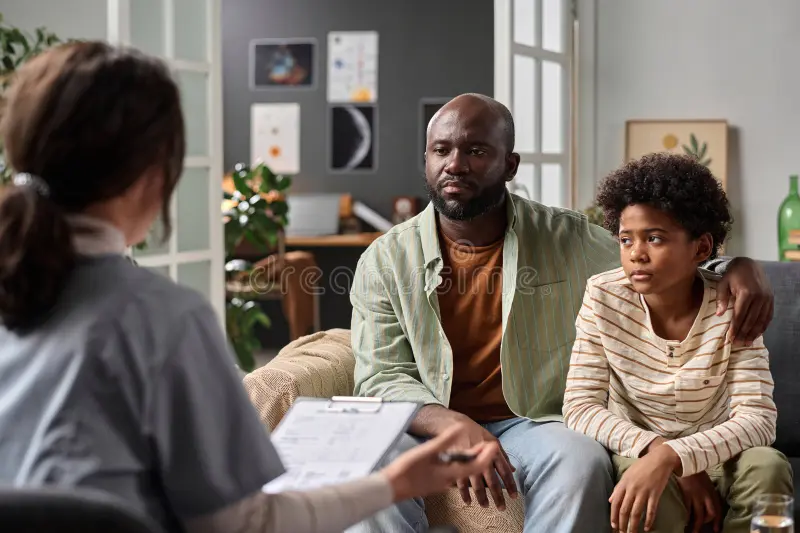24/7 Helpline:
(866) 899-221924/7 Helpline:
(866) 899-2219
Learn more about Couples Rehab centers in Lauderdale County
Couples Rehab in Other Counties

Other Insurance Options

Meritain

Access to Recovery (ATR) Voucher

Self-pay options

Absolute Total Care

MVP Healthcare

Lucent

Multiplan

Sliding scale payment assistance

Group Health Incorporated

ComPsych

BlueCross

Sutter

Coventry Health Care

Excellus

Horizon Healthcare Service

Health Net

Magellan Health

Evernorth

Oxford

UnitedHealth Group



















































































